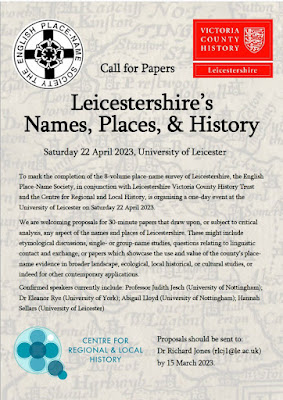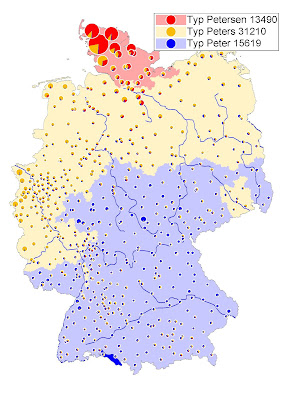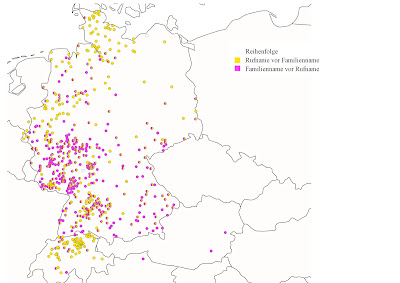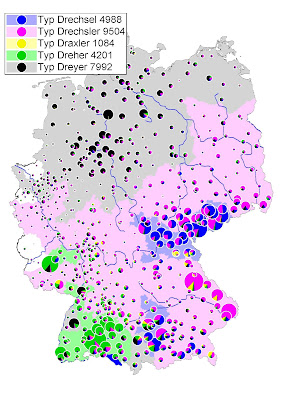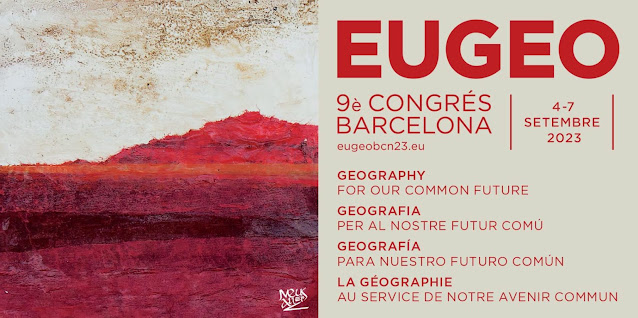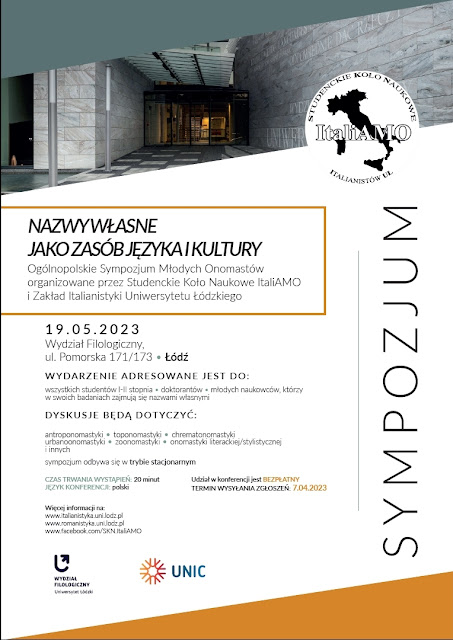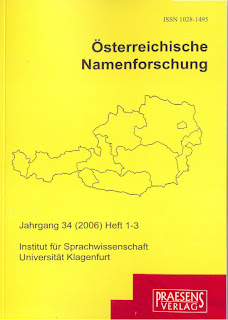PhD Research Fellowship in Lexicography or Name Research at the Department of Linguistic, Literary and Aesthetic Studies (LLE), affiliated with the Language Collections
applications for a PhD position connected to Lexicography or Name research (Onomastics). The position is affiliated with the Language Collections at the University Library, and is for a fixed-term period of four years, commencing from September 1st 2023, or as agreed.
About the Department of Linguistic, Literary and Aesthetic Studies (LLE)
LLE has approximately 80 tenured faculty , 17 administrative employees, around 40 PhD candidates and seven postdocs. The department covers the subjects of comparative literature, digital culture, classical philology, art history, Nordic literature, language and subject didactics, Old Norse philology, Norwegian as a second language, linguistics and theater studies. Eight researchers work in two lexicographic projects: Revision of the Bokmål dictionary and the Nynorsk dictionary and the Norsk Ordbok a–h. Read more about the dictionary work at UiB here.
About the Language Collections:
The Language Collections are part of the University Library at the UiB, and works closely with the Department. The Language Collections offers important resource within digital and physical linguistic material that is openly accessible. The material is linked to lexicography, Norwegian name research, dialectology and Old Norse. In recent years, the Language Collections has benefitted greatly from haven been given access to a number of terminological resources.In connection with the standardization of the Norwegian written languages, and for other scholarly or technological purposes at the UiB and beyond, the Language Collections must at any time offer relevant and durable language documentation.
Together with terminology, lexicography and name research form the core activity of the Language Collections. These three subject areas are national language policy focus areas. They are all small professional fields that will cover an increasing need for competence in these areas in administration, education and in social life.
Read more about the content of the Language Collections here.
Qualifications and personal qualities:
Applicants within lexicography must have a Norwegian master's degree or an
equivalent foreign degree in Nordic language, linguistics or another relevant linguistic fields, preferably aimed at lexicography, computational linguistics, semantics or grammar.
Applicants within name research must have a Norwegian master's degree or an equivalent foreign degree in Nordic language, linguistics or another relevant linguistic field, history or archaeology, preferably aimed at name research, etymology or the like.
It is a condition of employment that the master’s degree has been awarded at the time of application. Applicants who document a foreign degree will be evaluated according to the regulations of the Norwegian Agency for Quality Assurance in Education (NOKUT) and The Faculty of Humanities’ PhD Programme plan.
Applicants must have a very good command of Norwegian or another Scandinavian language, written and spoken. Exceptions to this requirement can be made for applicants with a project in name research or language technology-oriented lexicography.
The applicant must be proficient in both written and oral English.
It is an advantage if the applicant has experience of using corpora, databases and processing large amounts of data.
It is an advantage if the applicant has practical experience in lexicography or name research.
The applicant must be able to work in a structured manner with a long-term, independent project.
The applicant must be interested in sharing knowledge and contributing to the further development of the Language Collections, in collaboration with colleagues.
Applicants must submit a proposal for a research project that will result in a doctoral dissertation in lexicography or onomastics.
Applicants will be evaluated according to admission requirements in The Faculty of Humanities' PhD Program pt. 2.1.
In assessing the applications, the academic quality and feasibility of the proposed PhD project and the academic qualifications of the candidate will be considered. Further emphasis is also placed on strategic considerations, motivation, and the applicant's personal eligibility.
How to apply:
Apply electronically via the link "APPLY FOR THIS JOB". Applicants are required to use the electronic CV form.
The following information must be enclosed:
A project proposal of up to five pages/12.000 characters, when bibliography is not included. The project proposal should describe the research project, including research background, main research questions, theory, method, etc..
A brief account of the applicant's research interests and motivation for applying for the position.
CV.
Transcripts and diplomas showing completion of the bachelor's and master's degrees. This must contain information about the number of ECTS of the master’s degree, or be followed by an official and personalized confirmation with this information issued by the awarding institution.
A short summary of the master’s thesis or equivalent thesis (up to three pages).
Relevant certificates/references.
Bibliography for the proposed project.
A progress plan for the project.
A list of any works of a scientific nature (publication list).
Up to three publications in your name.
The names and contact information for two referees. One of these must be the main advisor for the master's thesis or equivalent thesis.
The application and attachments need to be in Norwegian, another Scandinavian language or English. Documents in other languages need to be uploaded together with a certified translation into English (or a Scandinavian language). Attachments can be in either Word or PDF and must be uploaded to Jobbnorge within the application deadline.



